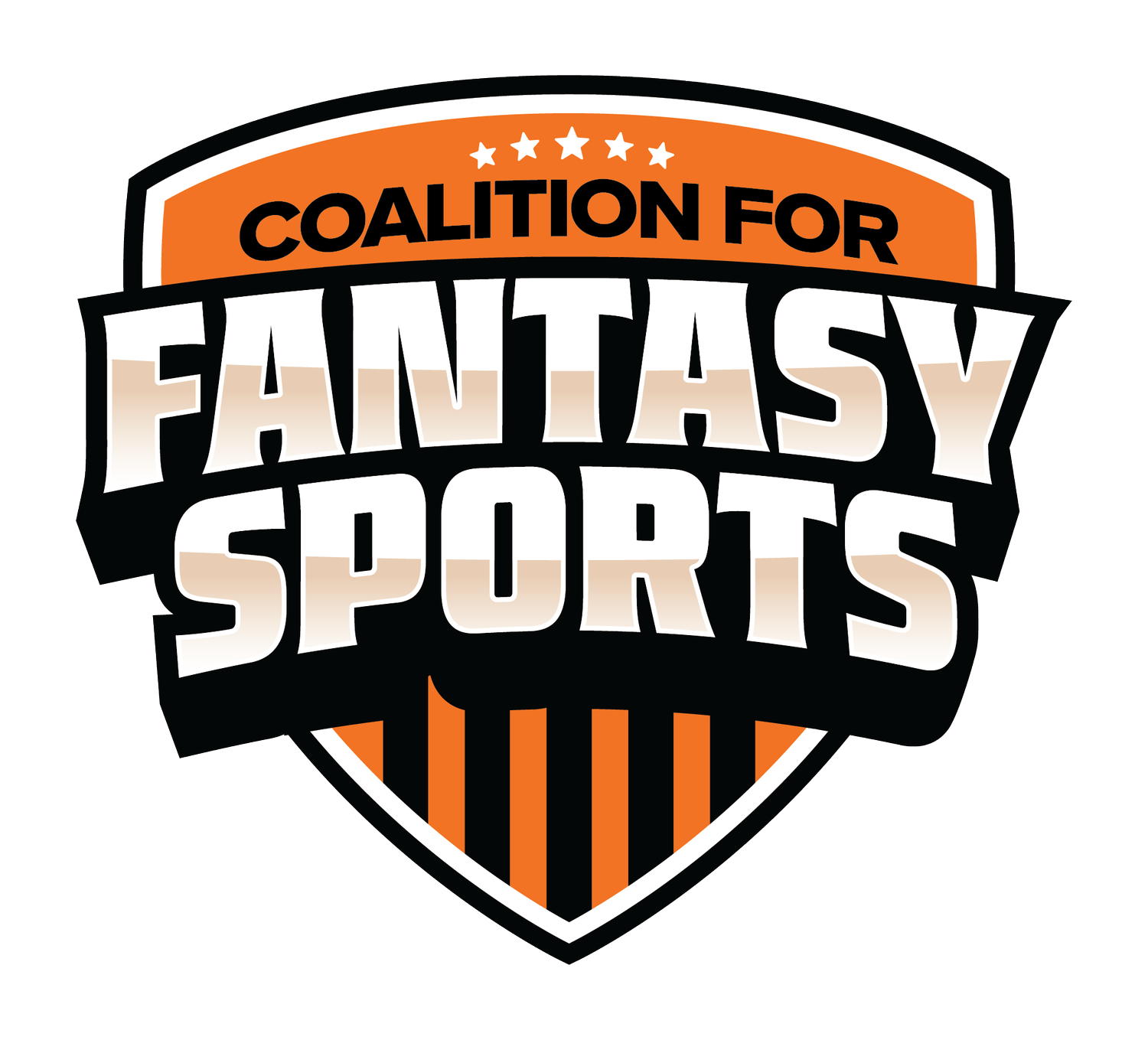Responsible Play Standards
The Coalition for Fantasy Sports (“CFS”) prioritizes the well-being of players in the daily fantasy sports (DFS) industry. We recognize our responsibility for ensuring that players engage in responsible play and in reducing harm related to potentially addictive behavior.
To achieve this, the CFS has created a nine-point Responsible Play Standard to assist its members in promoting responsible play. These standards include developing and implementing corporate policies that ensure the prevention of harm, assigning senior staff members responsible for overseeing responsible play goals and objectives, collaborating with addiction experts and treatment organizations, providing accessible tools and information to players, offering regular staff training, providing self-exclusion and time-out options, promoting responsible marketing and advertising strategies, integrating responsible play principles into product design, and regularly reviewing and improving responsible play policies and procedures.
These standards are critical in promoting safer and healthier play habits among DFS players and in ensuring the long-term sustainability of the industry. The CFS is committed to upholding these principles and to collaborating with other industry stakeholders to continuously improve responsible play standards and practices.
We have a corporate policy commitment to a responsible play strategy that aims to reduce harm related to addictive behavior in relevant product design and other applicable business decisions.
We assign senior staff members to be responsible for developing a comprehensive responsible play strategy, implementing responsible play policies and procedures, overseeing staff training, and ensuring that responsible play goals and objectives are enforced.
We endorse collaboration with industry stakeholders, addiction experts, and treatment and support organizations to continuously improve responsible play policies and develop responsible play tools and we allocate a portion of revenue to efforts to reduce the social costs of addiction.
We provide players with highly visible and readily accessible tools and information to make more informed decisions about their play, in addition to information and links dedicated to helping people with potential play problems.
We provide self-exclusion and/or time-out options that are easily accessible.
We provide training to staff about responsible play policies and procedures, key terminology, and information on myths and facts. Customer-facing staff receive enhanced training on responsible play interventions, helplines, self-exclusion/time-out, and help resources, along with clear communication on how to recognize signs of problematic behavior in players and appropriate interventions when players indicate they are in distress or experiencing problems.
We support the development of marketing and advertising strategies that prioritize responsible play messaging and prevent misleading or deceptive practices. We do not offer “risk-free” or “no-risk” play and we avoid marketing to underage populations.
We integrate responsible play principles into the product design and user experience to promote safer and healthier play habits. We incorporate “know-your-customer” technology in our efforts to prohibit underage or excluded individuals from engaging on our platforms.
We commit to having regular reviews of our responsible play policies and procedures to ensure they are effective and up-to-date, and make necessary updates or improvements as needed.
